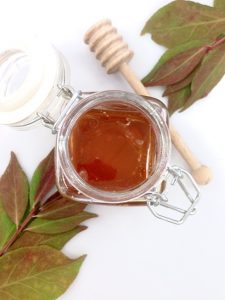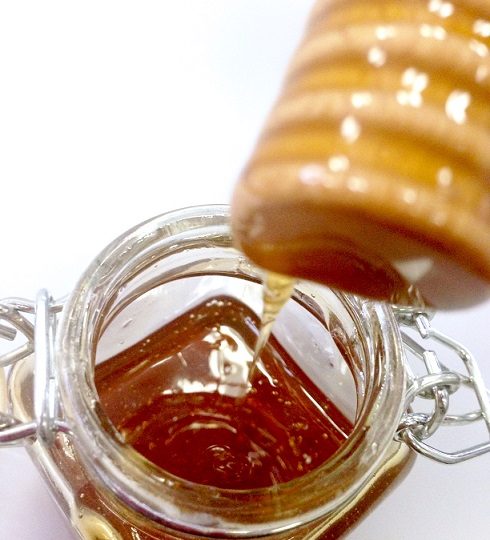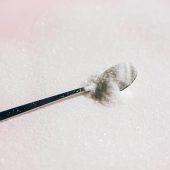
The process of making honey is incredibly detailed and laborious. Honeybees are one of earth’s most communicative and industrious creatures. It takes more than 2 million flowers to make one pound of honey and the average worker bee will produce only 1/12th of a teaspoon in its lifetime! Bees relay the location of food sources through dances, which detail the direction and distance of flower food sources. Interestingly, scientists believe that the dance relates to the movement of the sun, which hints at bees having the ability to tell time!
Jedwards International is a wholesale supplier of Honey .
- Bulk Honey – Organic Honey: The bees collect from wildflowers and collect nectar and retreat to beehives located in the remote regions of Brazil. This honey can be darker in color than clover honey and carries a strong rich taste. Our Certified Organic Honey is only eligible to ship within the United States. Certified Organic Honey is also Certified Kosher.
- Bulk Honey – Wildflower: Widely used in cooking and baking applications and is considered to be not as sweet as clover honey. This honey is Certified Kosher.
- Bulk Honey – Clover: Widely used sweetener, produced in the USA. It is the lightest honey, in color, out of the three varieties we carry. This honey is Certified Kosher.
Versatile uses:
Nature created a substance that goes beyond delicious recipes. Naturally containing minerals such as iron, potassium, calcium and magnesium, honey is also a source for B vitamins and trace amounts of amino acids. Its powerful natural ingredients have a variety of functions ranging from skin and hair care, to foods. However, it is advised that honey not be fed to infants under two years old.
Natural honey can crystallize.
Crystallized honey happens when the glucose in the honey precipitates into solid granules. In order to return your honey back to its liquid state, simply warm up the bottle or glass of honey in a water bath. The three things that make honey more likely to crystallize are:
- Temperature: Typically, in beehives, honey will crystallize if the temperature goes below 50ºF (10ºC). Honey will crystallize in your containers if stored in a cold place. Storing honey in a warm spot will slow crystallization.
- Ratio of glucose & fructose: Honey is a super-saturated solution of two sugars (glucose & fructose) characteristic of the plants the bees fed on. The glucose is what crystallizes.
- Pollen: Honey with pollen in it is great honey, but crystallization happens faster when there are small particles available to build on. The more pollen a batch of honey has, the higher the possibility of it crystallizing one day.
Honey that has crystallized has not gone bad and is actually a sign of high quality honey. It’s the result of a natural process. Crystallized honey can be used as a spread on toast, and is great in tea, natural yogurt, or as a glaze for cooking produce or stir- fried vegetables.
Honey was once considered the nectar of the gods and has been featured prominently in religious rituals and offerings throughout human history. It’s also historically been a symbol for knowledge and wisdom. Its sweetness and deep flavors have inspired poetry and recipes for thousands of years. Its versatility provides a wealth of opportunities for people interested in cosmetics, nutrition, and skin care, or simply in baking something delicious. Please visit our honey product pages for more information on our liquid gold and for the opportunity to test out its powers for yourself!
“The nectar collected by the bee is the spirit and sap of the plant, its sweetest juice. Honey is the flower transmuted, its scent and beauty transformed into aroma and taste.”
– Stephanie Rosenbaum, Honey: From Flower to Table





